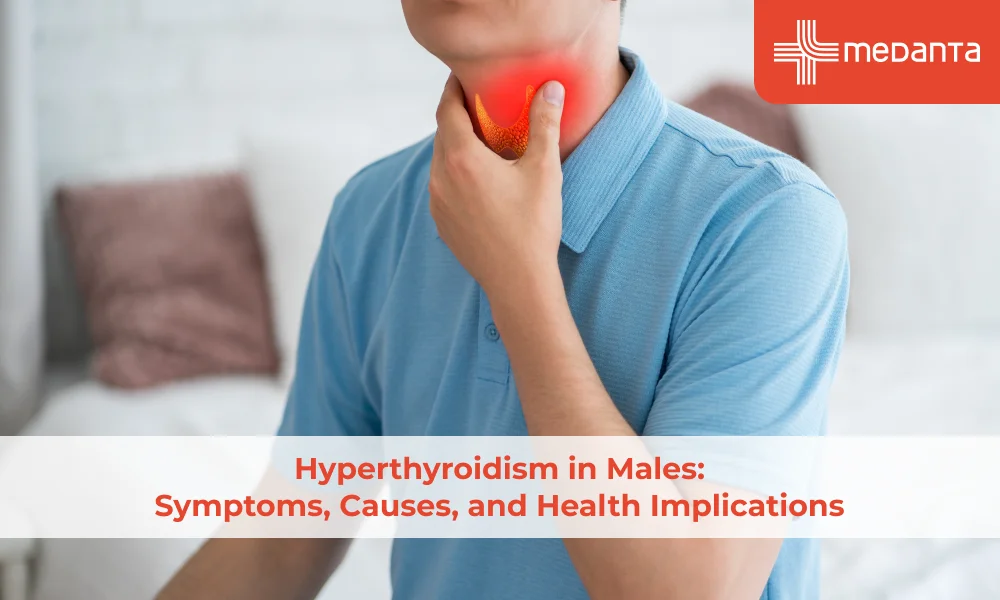The Latest Innovations In Parkinson's Disease Management
Parkinson's Disease Overview
Parkinson's disease is a progressive brain disorder that causes uncontrollable or unintended movements like stiffness, shaking and difficulty with coordination and balance. Symptoms of this disorder begin gradually and worsen over time. The first symptom the patients experience is a barely noticeable tremor in one of their hands. In the early stages of the disease, your arms may not swing when you walk, and your face may lack expression. Your speech may also become slurred or soft. As the symptoms worsen, you may face difficulty carrying out your daily activities.
History And Conventional Management of Parkinson's Disease
Parkinson's disease was first described by English physician James Parkinson as 'paralysis agitans' in 1817. Oral levodopa is the most effective therapeutic option in treating this neurodegenerative disorder. But its continued use can lead to levodopa-induced dyskinesia and motor fluctuations. Pharmacological treatment should be started in younger patients with motor complications. But their effects gradually decline over time, and the patient becomes dependent on the caregiver.
Surgical Management of Advanced Parkinson's Disease
Historical procedures used to manage advanced Parkinson's disease were ablative and caused irreversible deterioration in cognition and speech. This led to the evolution of adjustable and reversible surgery that utilized deep brain stimulation. Deep brain stimulation involves the implantation of a brain pacemaker that sends electrical impulses to specific brain areas. The advent of deep brain stimulation is an important advancement in treating Parkinson's disease. It can be employed in managing treatment-related motor complications or medication-refractory tremors and may benefit between 4.5% and 20% of patients. Patient-specific direct targeting of neural circuits for the peacemaker procedure could optimize the volume of tissue activated based on the placement of the lead concerning the target.
Technological innovations like AI, DTI-MRI and robotic procedures aid accuracy and precision for a better outcome. They also help with early diagnosis and improve disease progression monitoring. Genetics, neuroimaging studies and biomarkers have played a huge role in the diagnosis of Parkinson's disease, and future developments can even be used in the pre-symptomatic phase of the disease.
Fetch Better Clinical Outcomes with Surgeon's Expertise and Technological Advancements
Surgical treatments have led to the effective management of Parkinson's disease, and technological innovations have improved disease progression monitoring. Advanced brain-imaging MRI technologies like fibre-tracking methods improve precise targeting, and machine learning models help in patient targeting, selection, and brain-peacemaker programming optimization. Brain MRIs can help healthcare professionals spot tumours, and other brain health conditions. Researchers have discovered that MRIs can even be used to spot small changes in the brain that eventually lead to Parkinson's disease. Another great technological advancement is real-time watchdog feedback analysis of the local field potentials by the brain pacemaker and generator. Robotic brain-pacemaker awake-neurosurgical procedures and remote-controlled satellite-aided modulation can also be used for early diagnosis and treatment of Parkinson's disease.
Parting Thoughts!
Your surgeon's expertise is also needed to better evaluate your case and offer the correct treatment. Regular exercise, minimal medications and appropriate brain pacemaker modulations can help the patients return to normal lives. Get yourself checked, treated for, and managed optimally and clinically at the best super specialty hospital near you.






